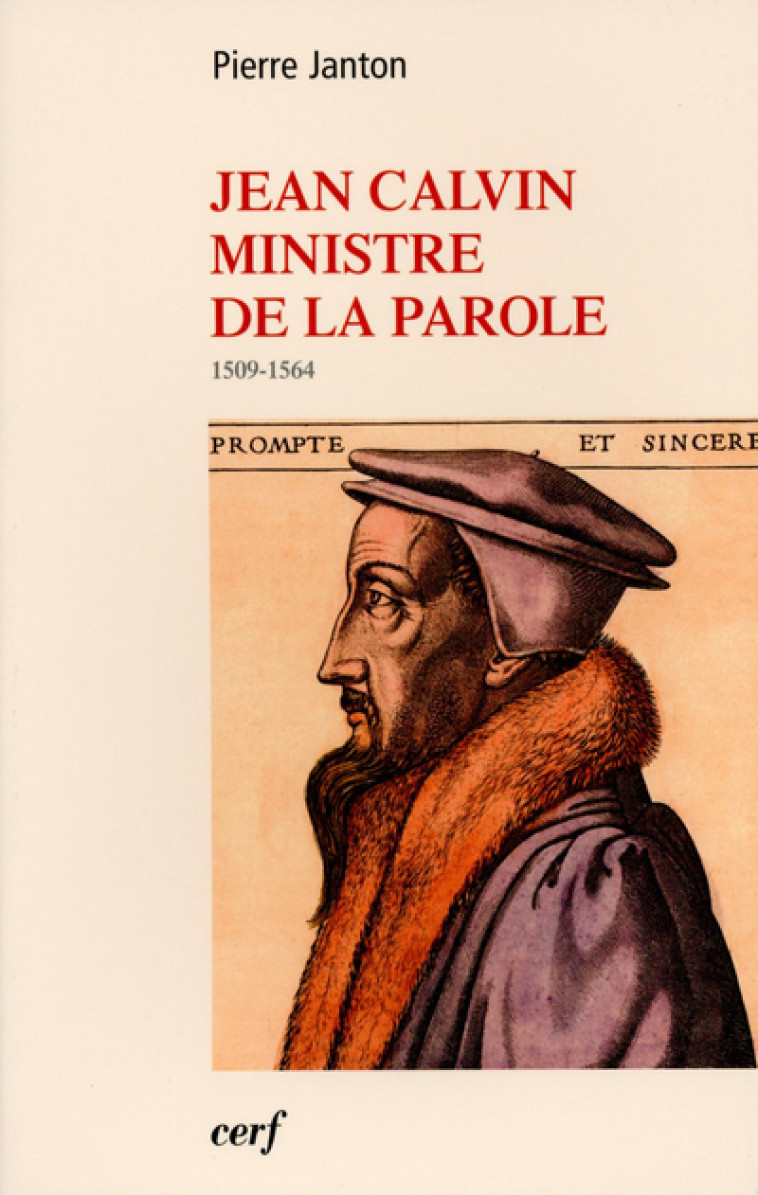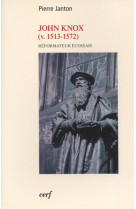--
In the margin of mainstream Calvinian historiography, this study seeks to understand the meaning the reformer gave to his conversion and vocation from the inside, via his correspondence in particular. The witness of a mutation of the sacred, and transformer of the resulting mentalities, Calvin is a theologian and a minister in the midst of religious and social evolution. In the intellectual effervescence of his times - of which reformation is only one expression - he lays the foundations of his own ever-surer certitudes at the age of twenty-five, in the face of constant opposition and despite weariness and physical suffering which he overcomes by work and faith. This shy man, in search of self-effacement, confronts the problems of the Church and of Geneva with conciliatory pugnacity on the strength of his concept of the sacred and God's sovereignty, which sets a limit on his tolerance. Faced with the threat of religious war, he preaches non-violence and seeks the unity of the Christian faith while excluding the radicals who herald liberalism. This contrasted portrait counters the clichés of inter-confessional polemic and reveals the dialectic between safe but progressive belief and the intemporal act of faith which springs from the depths of the heart and the mind.



